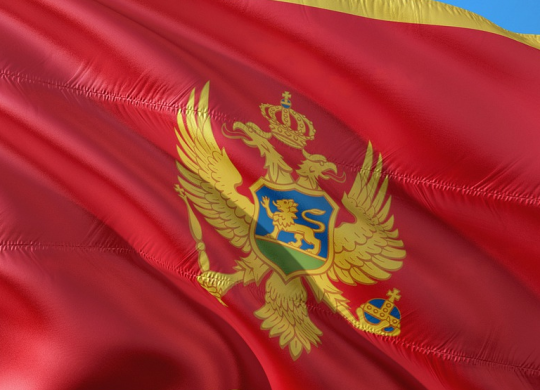Obtaining permanent residence in Montenegro: the pros and cons of living, ways to obtain a residence permit
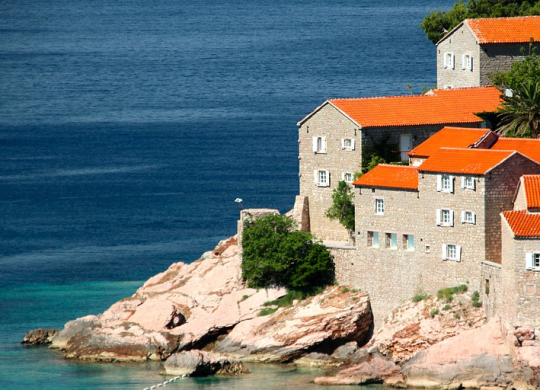
Montenegro is a country with a warm Mediterranean climate and incredible views. Residents of the post-Soviet space often want to move here as they are attracted by the proximity to Europe, relatively inexpensive accommodation, simplified visa policy, and also by the status of an EU Candidate (Montenegro's entry into the European Union is planned in 2025).
Pros and cons of living in Montenegro
Montenegro has a convenient location for those who dream of easy, quick, and inexpensive traveling to Europe. The country has good low-cost airlines that fly to Germany, France, and Spain. And one can get to Italy by ferry.
In addition, the following advantages can be noted:
• Climate. Despite its small area, Montenegro includes three climatic zones at once: the Mediterranean on the coast, moderate in the center, and Alpine in the mountainous regions. The country is characterized by warm summers and moderately cool winters.
• Low prices for rental, transport, and food. Accommodation for a family with a child costs about 1200 euros per month.
• Cheap food. The Mediterranean diet is considered one of the most balanced in the world: fish, meat, lots of fruits, vegetables, and greens. This type of food here is available throughout the year.
• Ancient architecture and beautiful nature. In Montenegro, medieval towns and tourist sights are adjacent to the incredible beauty of landscapes and the azure water of the Adriatic.
• High security and low crime. Becoming a victim of a pickpocket or a street scammer in Montenegro is lower than in Italy or Spain, and in stores, you can leave your bag in a cell without a key and not worry about its safety. Most of the streets are well-lit and monitored by cameras.
• Polako (lit. “do not rush”) is the motto of Montenegro. Here no one is in a hurry and everything has its time.
However, most immigrants highlight the following disadvantages:
• Since the country is not yet a member of the EU, permanent residence or citizenship of Montenegro does not give the right of visa-free entry to Europe;
• The high cost of real estate due to purchase. The price per square meter starts from 1000 euros, while housing with all the necessary conditions (location, availability of communications, etc.) will be twice as expensive;
• Poor quality of medical care. Finding a good doctor in the city of residence is a great success, and his services are not cheap. Most residents of the country prefer to pass therapy in neighboring countries or Europe.
• Weakly developed online trade and postal tax for goods from other countries. Traveling to Europe to buy the thing one needs is cheaper and easier than ordering it in Montenegro.
• Poorly developed system of online banking and online services. Paypal does not work in the country, paid applications cannot be downloaded from the AppStore or Google Play, and the use of the banking app requires a monthly fee. In addition, many banks refuse to pass transactions from international companies, including the transfer of funds to accounts.
• Difficulties with employment and business. If finding a job due to the high season is easy, in the winter it is almost impossible. The same issue with business: Montenegrins are aimed at a small domestic seasonal market thus it is difficult to find a niche.
• Wet winters (especially on the coast). Due to the warm climate, most houses do not have a heating system. Thus either fungal mold or impressive electricity bills appear.
• The “polako” mentioned above eventually begins to annoy immigrants who are accustomed to a high level of service, or at least to the timely performance of duties by service personnel.
In addition, the disadvantages include locals’ active smoking (even in transport it can be smoky), difficulties with navigation due to an ill-conceived address system (many houses do not have addresses at all), and the need to issue a Montenegrin driver's license (if you get a residence permit, you won’t be able to use a car with foreign numbers, it is forbidden).
To understand if life in Montenegro is convenient, one should try to live in the country for a year and make a decision afterward. Also, it is necessary to take care of a permanent source of income: it is extremely difficult to find a job in Montenegro.
Permanent residence in Montenegro: How to?
A permanent residence permit (KMA) in Montenegro provides the same social rights as citizens: an immigrant can work, study, purchase real estate, and conduct any other activity in the country legally.
Obtaining the status can be divided into several stages:
• visiting the country as a tourist and submitting the necessary documents for obtaining a temporary residence permit (TRP) during the validity of the visa;
• registration of TRP for a year, with the right to further extend it;
• application for permanent residence after 5 years of residence in the country based on a TRP.
Ways to obtain a residence permit in Montenegro
Recommended articles
4 min
Residence permit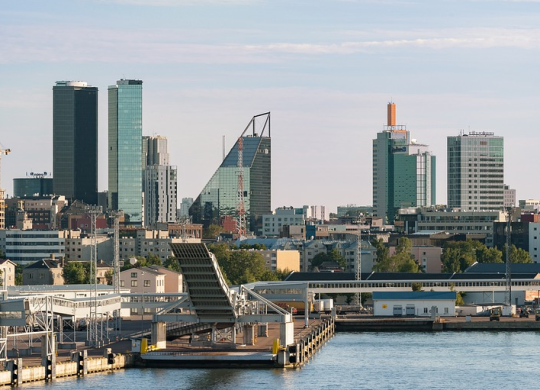
4 min
Residence permit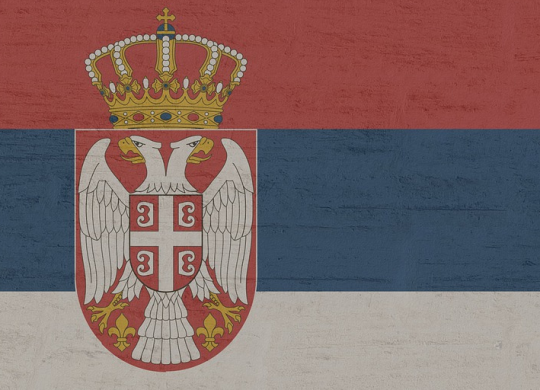
5 min
Residence permit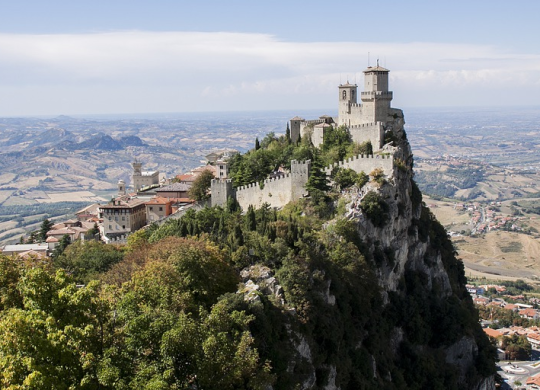
All materials and articles are owned by VisitWorld.Today and are protected by international intellectual property regulations. When using materials, approval from VisitWorld.Today is required.

